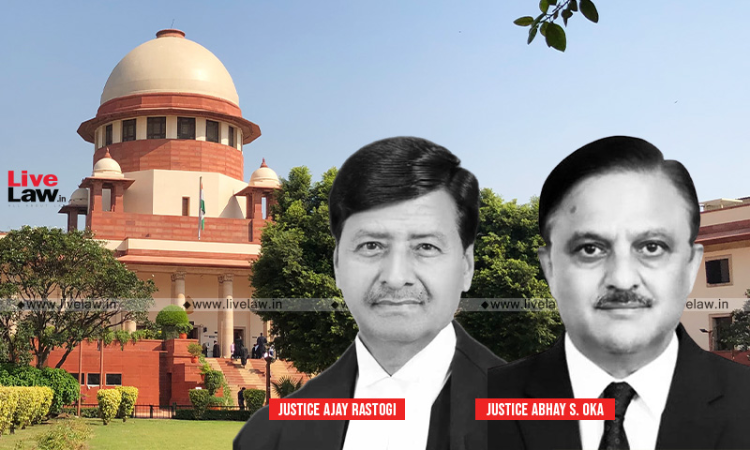Sale Deed Executed Without Payment Of Price Is Void; Has No Legal Effect: Supreme Court
LIVELAW NEWS NETWORK
22 Nov 2021 8:06 PM IST

Next Story
22 Nov 2021 8:06 PM IST
The Supreme Court observed that the payment of price is an essential part of a sale.If a sale deed in respect of an immovable property is executed without payment of price and if it does not provide for the payment of price at a future date, it is not a sale at all in the eyes of law, the bench comprising Justices Ajay Rastogi and Abhay S. Oka said.The court also observed that a document which...
